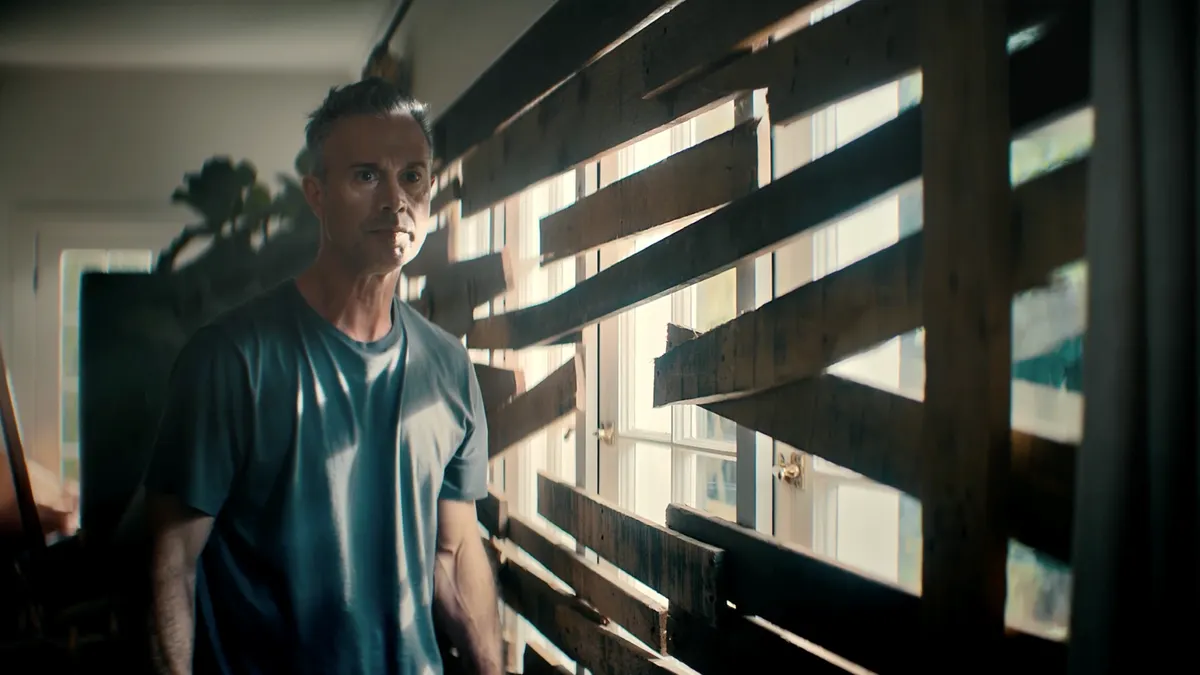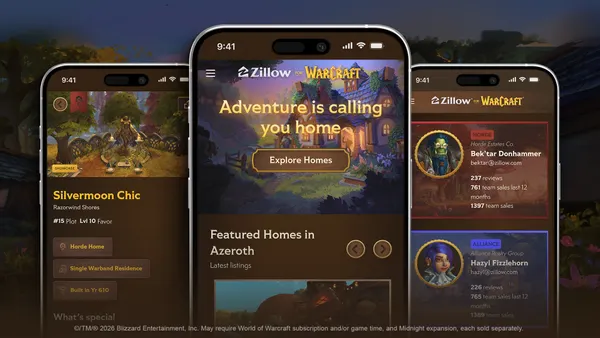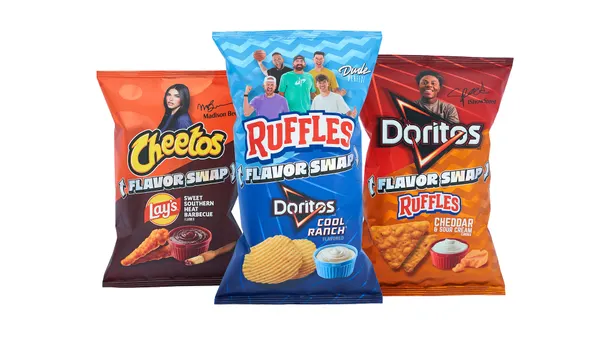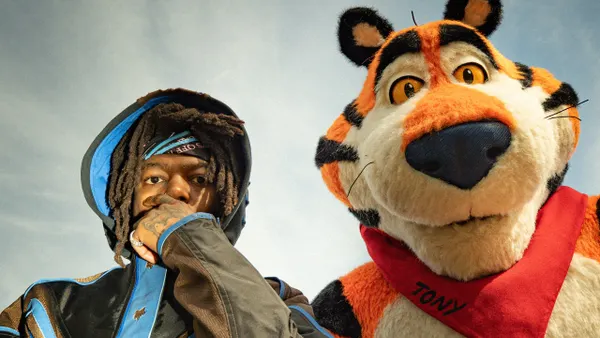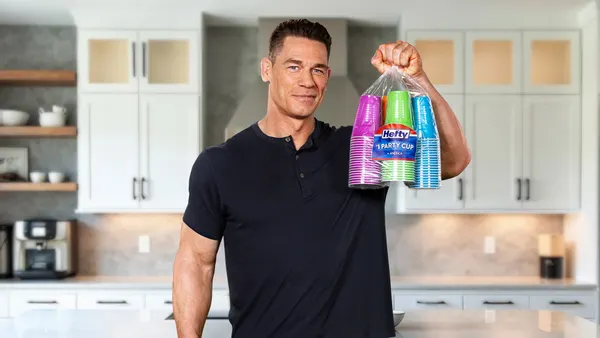Dive Brief:
- DoorDash is working with a pair of horror movie icons from the ‘90s and early 2000s as it ramps up a summer campaign around the deals available through its DashPass subscription service, according to news shared with Marketing Dive.
- Freddie Prinze Jr. and Ali Larter, known for their roles in “I Know What You Did Last Summer” and “Final Destination,” appear in video content that emulates the style of those chillers, but with a twist that is meant to appeal to parents with young kids who are stuck at home until the school year starts.
- “Summer Scaries” positions DashPass as a way to keep costs down while benefitting from convenience that can alleviate day-to-day parental chaos. Leaning into ‘90s nostalgia has become a common marketing tactic as consumers raised in that era start families of their own.
Dive Insight:
Managing bored kids who want to order pricey meals for delivery and make trips to the ice cream truck is a terror on par with escaping a hook-wielding stalker. At least, that’s the tongue-in-cheek pitch DoorDash is making with its “Summer Scaries” campaign. The genre-aping effort arrives as horror is top of mind for many movie fans on the backs of a well-received new installment in the “Final Destination” franchise and as an “I Know What You Did Last Summer” sequel lands in theaters next month.
While DoorDash’s content relies on humor and a heavy dose of ‘90s nostalgia, courtesy of stars Prinze Jr. and Larter, the brand is addressing real economic anxiety as more consumers fear rising costs and the potential for a wider downturn. “Summer Scaries” positions DashPass, the delivery platform’s subscription offering, as a balm to budget crunch, particularly for parents who have multiple mouths to feed.
In the videos, Prinze Jr. feels creeping dread at the prospect of summer as his two young kids jump-scare him in the mirror and demand tacos ordered in. He eventually meets up with Larter, a mom in a similar boat, and the pair lament all the ways they’ve tried to keep themselves financially afloat, including dipping into college funds and taking on debt.
“It’s happening again: Every summer, our kids try to kill us … financially,” Larter says in ominous tones.
Larter’s eventual adoption of DashPass on the recommendation of a friend helps solve their respective conundrums as end credits list the array of items DoorDash subscribers can save on. Superette, DoorDash’s in-house creative studio, developed “Summer Scaries,” which is running on social channels.
The campaign’s rollout is timed to DoorDash’s sixth-annual Summer of DashPass savings blitz, which runs through the end of July. The program gives exclusive offers to members, with discounts between 25% and 50% on meals, groceries, electronics and other product categories. More than 120,000 small- and medium-sized businesses are part of the Summer of DashPass. This iteration features some new perks, including limited-time in-app deals, doubling benefits with DoorDash partner Lyft and giveaways on Instagram and TikTok.
Other delivery platforms have embraced ‘90s touchstones as they try to drive more transactions for the summer season. Instacart earlier this month debuted a “Summer Like It’s 1999” campaign that boasts reduced, era-appropriate prices on throwback favorites like Capri-Sun and Bagel Bites.


